League of Nations
League of Nations had its origin in the war aims of Allied Powers. Woodrow Wilson’s 14 points had envisaged creation of an international agency that would work for maintenance of world peace.
- Settle international disputes to prevent war in future.
- This was to be achieved through the principle of collective security.
- All the member nations were to collectively act against a nation who tried to wage a war.
- This action against the aggressor nation would take form of economic sanctions and military action, if required.
- Thus, maintenance of international peace and security was the primary goal of the League.
- Economic and Social work: The League of Nations was to seek international cooperation for socio-economic development across the world.
League of Nations did important work for the socio-economic development across the world, specially, the work by International Labor Organization towards welfare of the workers and the contribution of League of Nations for rehabilitation of the refugees of the World War I was commendable.
However, it failed with respect to its aim of being a leading forum for resolution of international disputes and ensuring a peaceful world.
Success of the League of Nations
International Labour Organization (ILO)
- Fixed maximum working days and minimum wages.
- Started old age pensions.
- Took actions in the area of welfare of the workers.
The Refugee Organization
- It helped the Prisoners of War in Russia to their homes outside Russia.
- In 1933, it helped the Jews, who were fleeing to escape Nazi persecution, to resettle in different countries where they would be safe.
Health Organization
- It did good work in finding causes of different epidemics.
- It was especially successful in combating Typhus epidemic in Russia which had the potential to spread to the rest of Europe.
Mandates Commission
- It had the responsibility of monitoring the governance of territories given to member nations as Mandates (former colonies of Ottoman Empire and Germany).
- A separate commission, which was setup for supervising the governance in SAAR, was very efficient and successfully held a plebiscite there in 1935. After the plebiscite, SAAR was returned to Germany.
Resolution of Minor International Disputes
- Solved the dispute of smaller countries like Finland, Poland, Albania and Czech
- But none of these disputes threatened the world peace.
- Also, whenever a major power was involved, the decision of the League was always in favour of the major power.
Failure of League of Nations
- League of Nations lacked enforceable rights.
- It did not have military force of its own.
- Germany and Russia were not part of the league whereas India which was not even an independent country was made a member.
- US which played the leading role did not join it.
- In 1930s when many countries resorted to aggression, the League was ignored or defied.
- It did not come forward in case Japanese attack on China in 1931 & Italy attack on Ethiopia in 1936.
- It recognised the division of spoils of the war and most of the colonies were transferred as mandates not to be annexed thus undermining the very ideals with which it was formed.
- Wilson had earlier said that the war was fought to make the world safe for democracy. The Allies had entered into many secret agreements for dividing the spoils of war. The Soviet Government exposed these secret treaties.
An overview of League of Nation
- The League failed to implement its decisions in disputes, where the verdict of the League was against a major power.
- Aggressive regimes like Japan, Italy and Germany defied the League. Britain and France did not do much to give teeth to the League.
- The Economic Crisis of 1929 was also responsible in its own way.
- The Conference of Ambassadors undermined League’s authority.
- Important powers like Germany, US, USSR were not its members.
- The League Covenant was weak, and it failed to provide a real collective security.
League of Nations was not a truly representative organization
- It had limited membership. This also resulted in lack of funds for the League’s work.
- The three main world powers, namely, USA, USSR and Germany were not its members when the League was formed in 1920.
- Later, it became an organization of the French and the British and lacked the legitimacy of being called a truly representative world body.
- Germany was admitted only by 1926, while USSR gained membership in 1934.
- USA never joined the League of Nations and neither did it ratify the peace treaties.
- After the World War I, the US public rejected Woodrow Wilson and his fourteen points and US reverted back to its Policy of Isolation.
- The Republicans viewed League of nations as a world government, which would threaten US national sovereignty and freedom. It did not want to be involved in any future military conflict or to be involved in the European affairs.
- By 1933, Japan had quit the League of Nations and soon after that the Hitler’s Germany also left the League.
- Thus, on the eve of the World War II, the League of Nations was in ruins and a failure.
Impact of the failure of the League of Nations
- Gradually, small states lost all faith in the League of Nation due to its inaction against aggression.
- Fascist regimes got encouraged. Hitler became confident of violating the Treaty of Versailles.
- World War II could not be prevented.
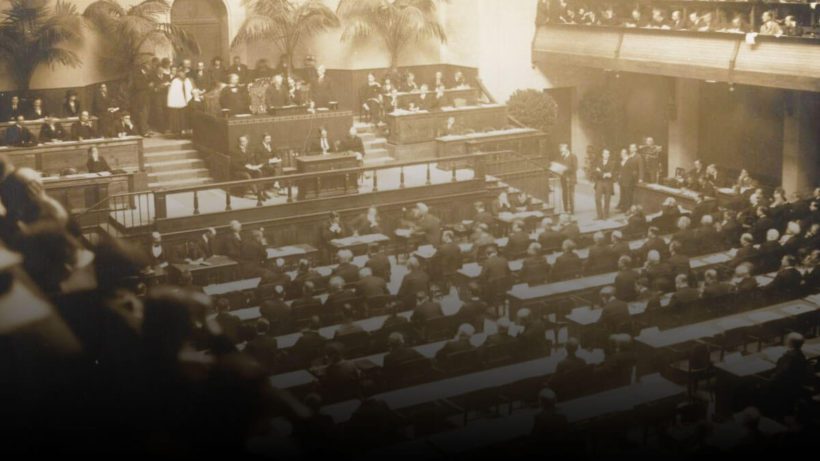

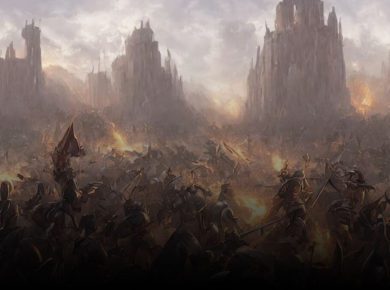

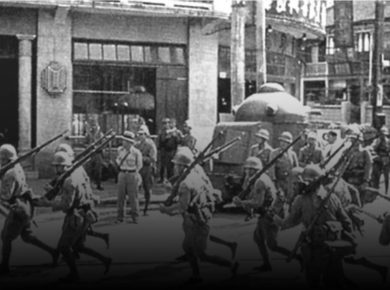

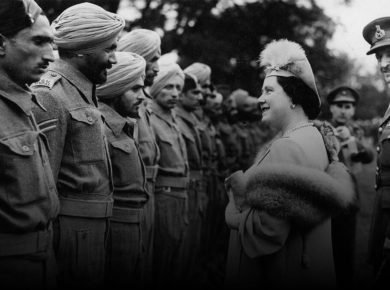
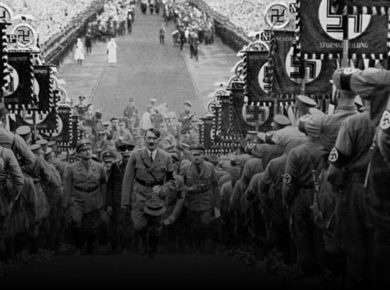



1 comment
thankyou very much to share the knowledge.